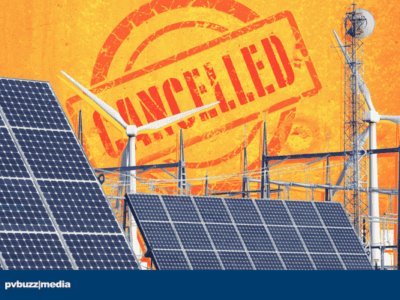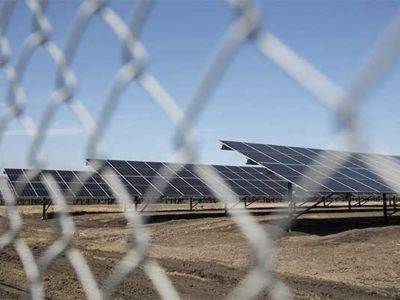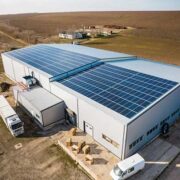GUELPH, Ontario | CANADIAN SOLAR —
Canadian Solar announced that effective June 1, the company has been offering a new upgraded warranty on its polycrystalline photovoltaic modules by guaranteeing a lower first year power output degradation, less than 2.5%. This is in contrast to the industry standard of 3% degradation during the first year.
All Canadian Solar standard modules have a 10-year limited product warranty on material and workmanship. In addition, the following are the new warranty policies related to power performance:
– For polycrystalline module products, Canadian Solar guarantees the first year power degradation is no more than 2.5% from its nameplate power. From year 2 to year 25, the actual power decline will be no more than 0.7%. By the end of year 25, the actual power output will be no less than 80.7% of the nameplate power output.
– For the Diamond double-glass module, Canadian Solar guarantees the first year power degradation is no more than 2.5% from its nameplate power. From year 2 to year 30, the actual annual power decline will be no more than 0.5%. By the end of year 30, the actual power output will be no less than 83% of the labeled power output.
In the past 15 years, Canadian Solar has invested heavily into solar cell and module technology research and development. This warranty upgrade is based on internal and external PV system performance test results.
The performance warranty for standard monocrystalline cell modules will continue to be 3% degradation for the first year, and 0.7% power loss from year 2 to year 25. With Czochralski-type (CZ) wafer quality improvement, Canadian Solar will be able to roll out a similar enhanced performance warranty for monocrystalline cell modules in the future.
Dr. Guoqiang Xing, Vice President of Technology of Canadian Solar, commented, “As a major module manufacturer, we are proud to offer the industry’s leading warranty on solar panels. Our ability to provide such a comprehensive and top-notch warranty is a strong indicator of the company’s bankability, success, and product reliability.”













Comments